Join our Community!
Sign up for the latest news from the Mind Body Therapy Collective and get our FREE guide on how to calm your nervous system.

Acceptance and Commitment Therapy (ACT, typically pronounced as the word “act”) is an evidence-based psychotherapy that uses awareness and mindfulness strategies to increase acceptance of uncomfortable thoughts, emotions, and bodily sensations. We learn where clients might be stuck, clarify the values that clients treasure most, and create goals in service of those values. When people find that they don’t have to struggle so hard to rid themselves of internal discomfort, they are able to avoid less, choose more, and commit to taking action in more meaningful and fulfilling directions.

Art Therapy is a form of psychotherapy that integrates creative arts with talk therapy to foster physical, mental and emotional well-being for individuals of all ages. The art therapist may assist a client in verbally exploring imagery, or allow the art itself to serve as medicine, trusting the potency of non-verbal creative expression. Art making within a therapeutic relationship empowers us to make meaning of our experiences, to externalize difficult feelings, and to engage with them safely over time. Art therapy requires no previous art making experience.

Brainspotting is an advanced brain-body therapy that uses spots in a person’s visual field to help identify, process and release trauma.

Breathwork focuses on helping people to intentionally change their breathing pattern in order to calm the mind and body.

CBT helps people change self-defeating thoughts and beliefs in order to improve their feelings and behaviors. CBT focuses on problem-solving, building new coping skills, and creating healthier patterns of thinking.

Coherence therapy is a system of psychotherapy based on the theory that symptoms of mood, thought and behavior are produced coherently according to the person's current mental models of reality, most of which are implicit and unconscious.
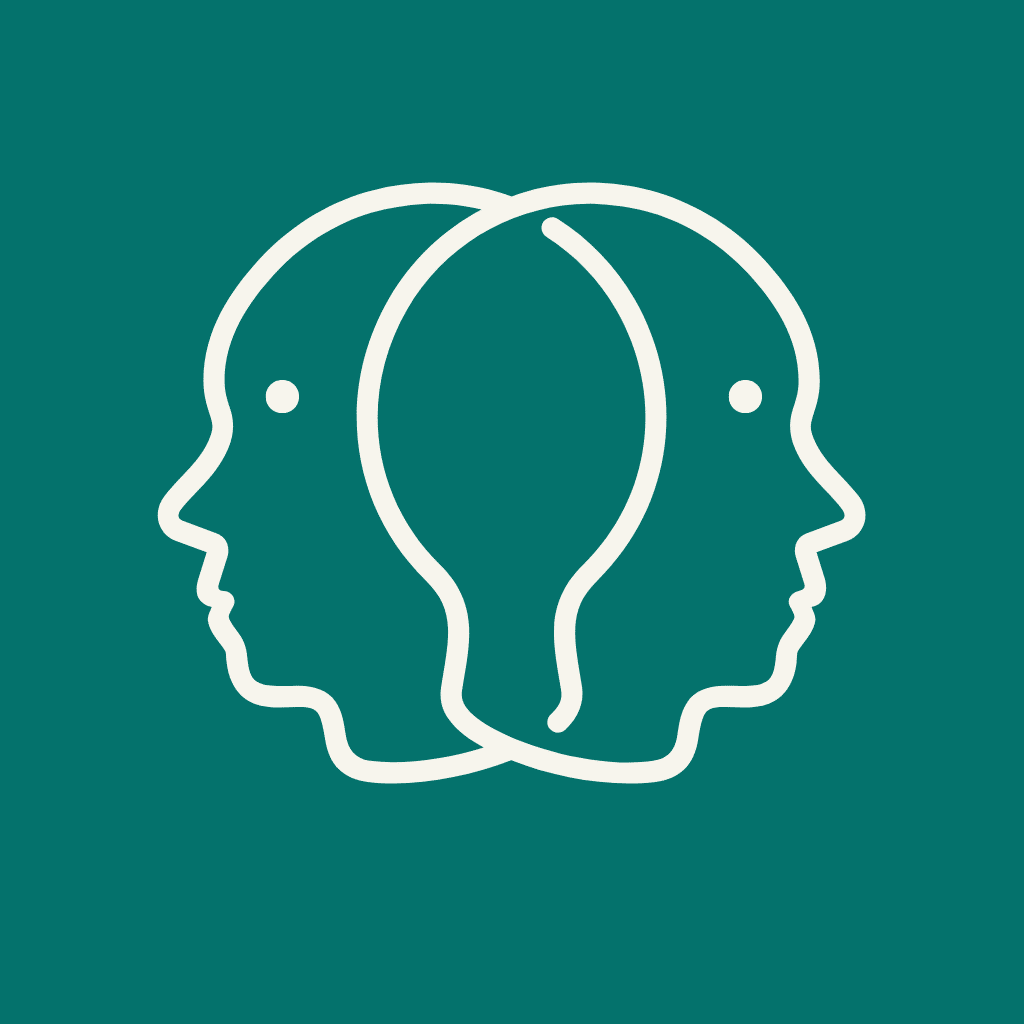
Couples therapy is rooted in the understanding that emotional health, attachment, and communication are deeply intertwined. We help couples reconnect, heal, and grow—together.

Craniosacral Therapy (CST) is a gentle, light touch approach, that significantly improves physical & emotional health and overall well-being, by identifying strain patterns, and then releasing those restrictions in the body, fascia and central nervous system. CST has been known to help those with TMJ, anxiety, gut issues, surgical recovery, concussions, sinusitis, ear infections, posture, old injuries, PTSD, brain fog and a range of other conditions.

DMT is the psychotherapeutic use of movement to promote emotional, social, cognitive, and physical integration of the individual, for the purpose of improving health and well-being. DMT is based on the premise that the body and mind are connected and as a result, changes in the body affect the mind and vice versa.

DBT is a skills-based therapy to give people the tools needed to become more mindful and aware of oneself both internally and externally in the world. It reduces emotional vulnerability and increases emotional stability, helping people navigate stressful situations in a healthier way. DBT also helps people build and maintain healthy relationships.

Discernment Counseling is a short-term therapy for couples in crisis and on the brink of divorce. The therapist guides the couple through a process designed to elicit clarity and confidence on a path forward, whether that is to divorce, to commit to six months of couples counseling, or to keep things “as is”.

Emotionally Focused Couples Therapy (EFT) is a collaborative, structured, usually short-term form of therapy designed to help couples identify their negative patterns and restore their relationship bond. Based on the science of emotions and attachment theory, EFT is evidence-based and proven to have a high success rate in achieving secure, resilient relationships in which individuals can flexibly manage their emotional experiences.

Executive Function Coaching is a goal oriented partnership between client and coach that focuses on developing skills related to planning, organization, and self-regulation. The coaching process often includes practical exercises, accountability measures, and feedback to encourage independence in managing daily demands. People with ADHD may struggle with everyday tasks and can benefit from working with a coach to identify challenges and develop personalized strategies.

EMDR is an advanced and structured brain-body therapy that is used to treat single-event or more complex trauma. The patient is briefly encouraged to focus on a trauma memory while simultaneously experiencing bilateral stimulation (typically eye movements). EMDR helps people process these memories properly, while reducing the negative emotions and beliefs associated with the trauma.
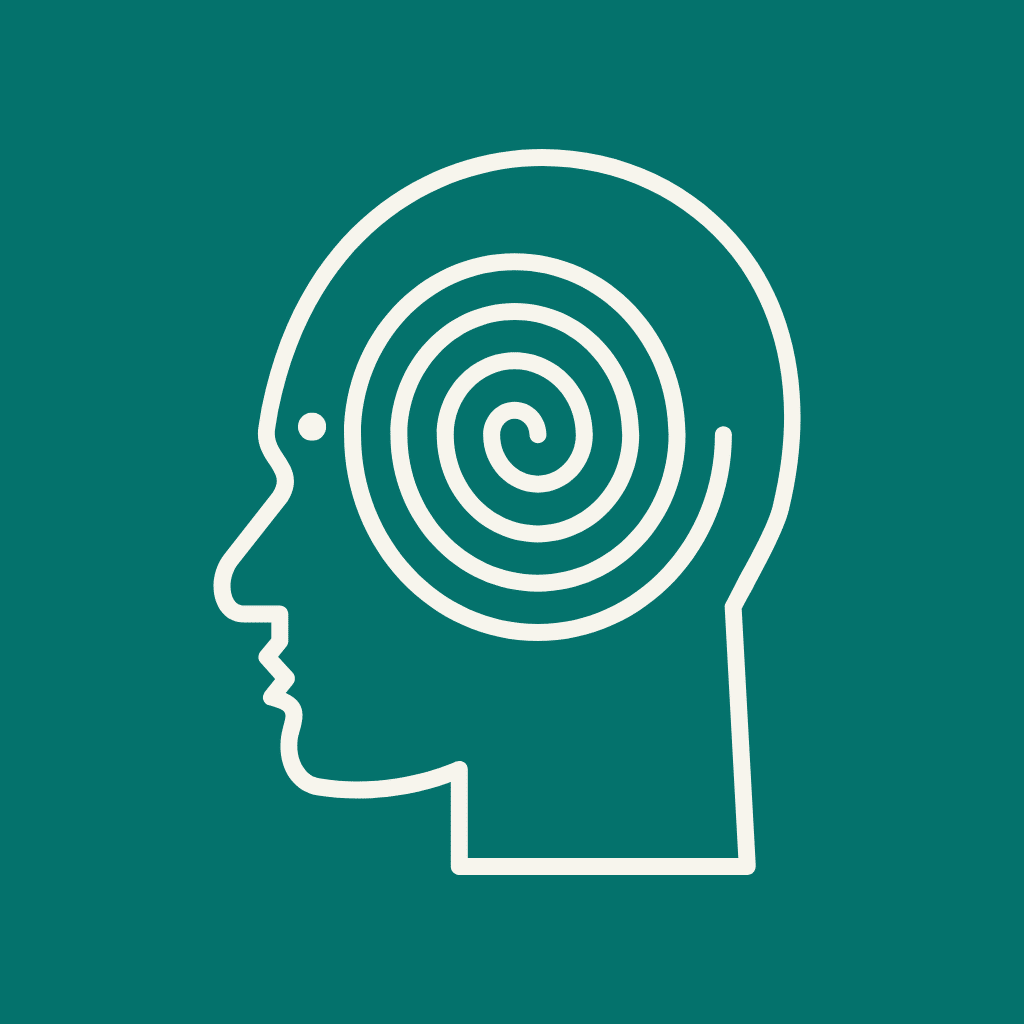
Hypnotherapy is a deeply healing modality that uses the relaxed state of hypnosis to access the subconscious mind, allowing clients to uncover, process, and release unresolved emotional wounds, limiting beliefs, and trauma stored in the body.
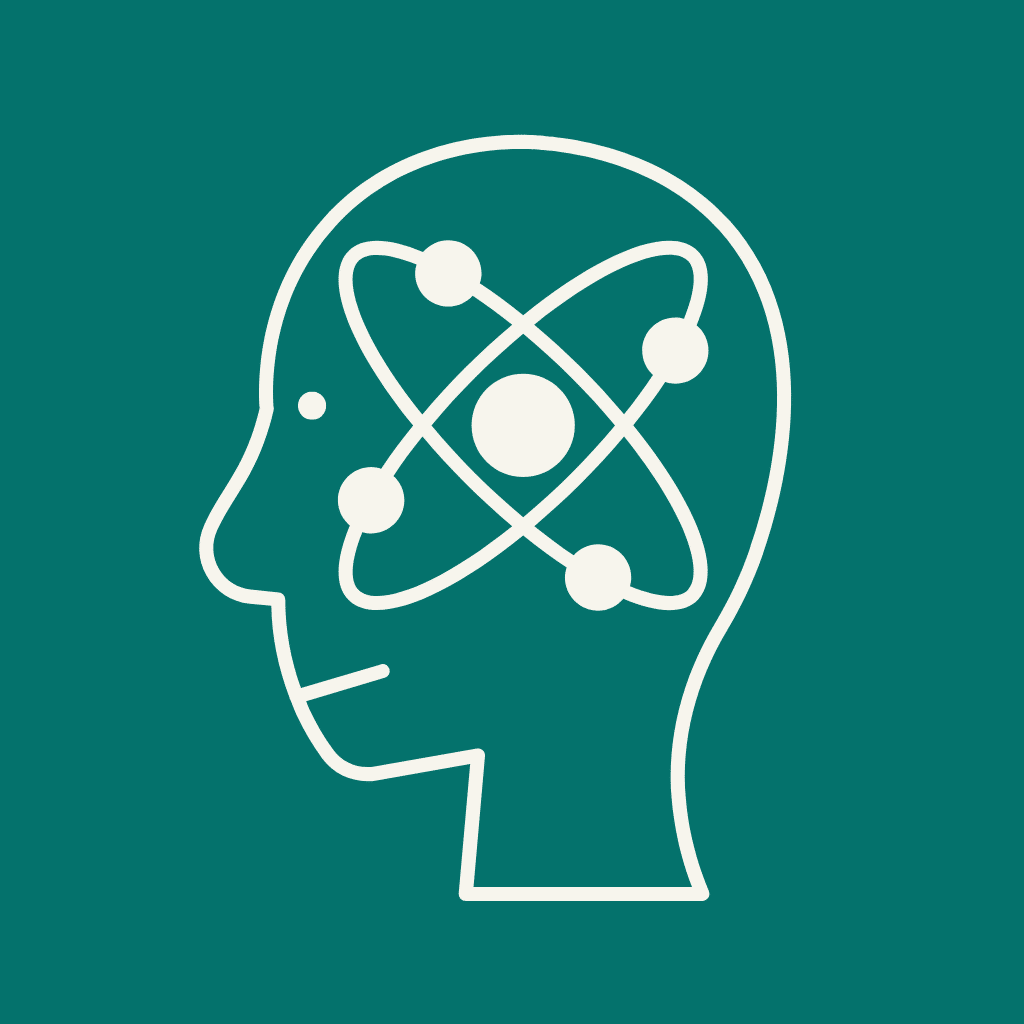
Insight-oriented therapy, also known as psychodynamic therapy, focuses on helping individuals understand how past experiences, including unconscious conflicts and desires, shape their present thoughts, feelings, and behaviors.

Integrative therapy offers a holistic approach that nurtures the mind, body, and spirit. This modality goes beyond traditional therapeutic techniques by incorporating mindfulness, embodiment practices, visualization, dream interpretation, and symbolic work. Grounded in your lived experiences, it encourages exploring existential and spiritual questions, helping you uncover deeper meaning, purpose, and connection to life's inherent goodness.

Despite the name, IFS is not family therapy. Instead, it is a form of individual talk therapy that identifies various parts of ourselves that function like sub-personalities — including younger parts, wounded parts, and protective parts. IFS works to heal these parts to allow them to work together and create a sense of inner balance and harmony. This work can help with depression, anxiety, trauma, phobias and physical pain.

Ketamine Psychedelic Integration Therapy is a form of psychotherapy that involves the use of the psychedelic substance ketamine for the purpose of facilitating therapeutic breakthroughs and insights.
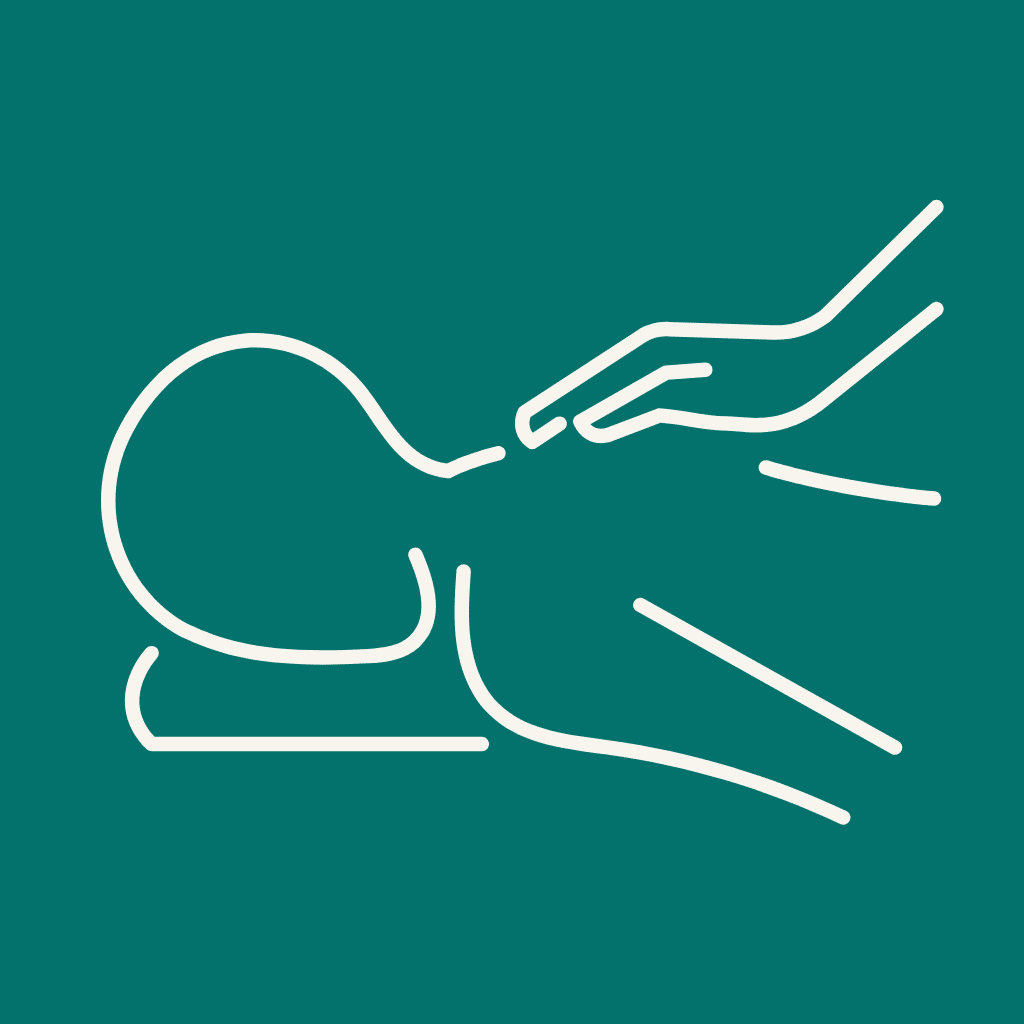
Holistic massage therapy designed to support healing on every level—physical, emotional, mental, and energetic. Every session is a sacred offering, combining the clinical skill of therapeutic bodywork with the intuitive wisdom of healing touch.

Meditation is a practice of mindfulness, or a focusing of one’s mind. It helps build attention and awareness to enhance mental clarity and emotional regulation. For some, it is a spiritual practice.

Mindfulness Therapy encourages a kind and non-judgmental attitude towards oneself in order to gently notice what is happening in the here and now. In this way, mindfulness helps people deepen their understanding of themselves and allows them to learn to fully accept their experiences and reactions to life. Many mindfulness techniques are taught including meditation, breathwork, and ways to challenge our cognitive distortions.

Psychodynamic (Insight-Oriented) Therapy helps clients explore the unconscious reasons behind feelings and behaviors as well as how early childhood experiences influence present behavior. Psychodynamic/Insight-Oriented therapies aim to help clients become aware of and experience vulnerable feelings which have often felt intolerable and pushed out of conscious awareness.
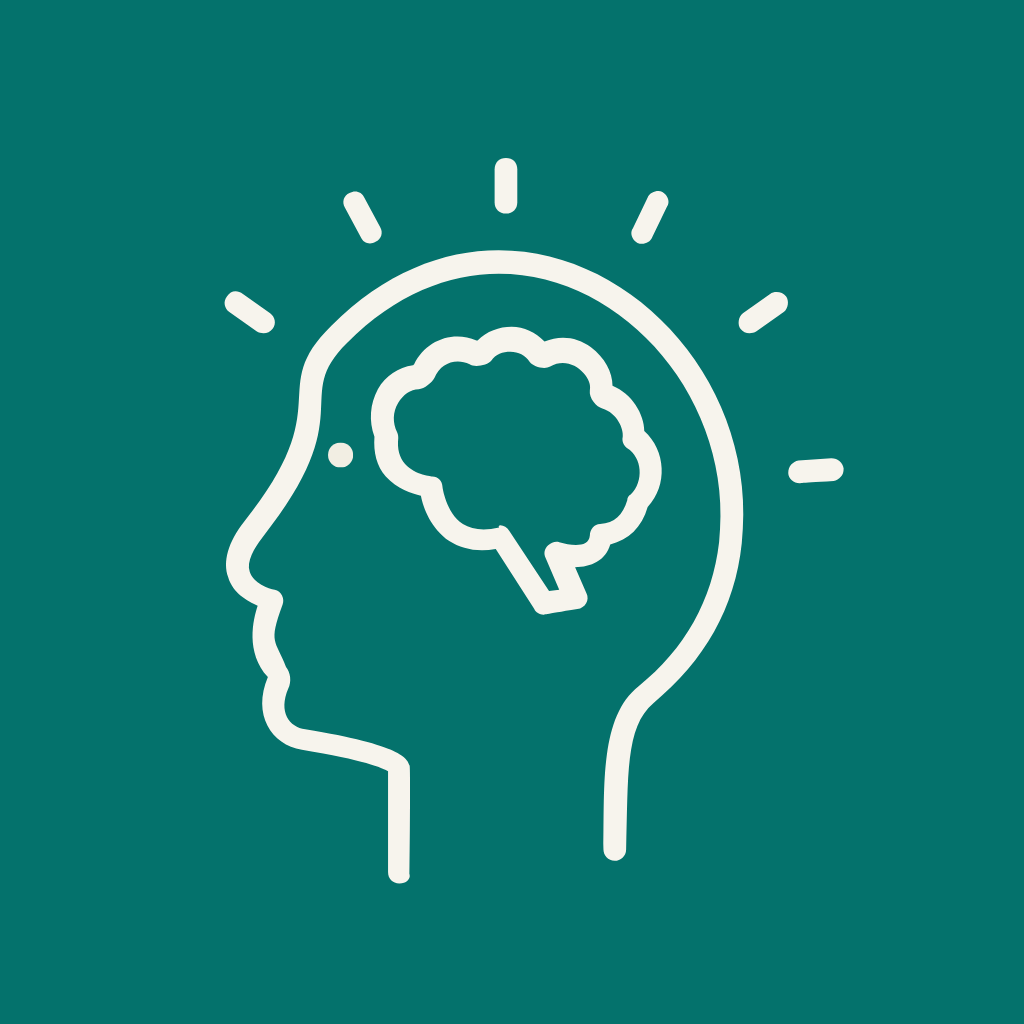
Presence Psychotherapy is an innovative presence-based trauma model designed to facilitate profound healing from trauma in our world. It is an experiential method that incorporates Four Dimensions of Presence (Ground, Space, Compassionate Relational Presence & Transcendent Presence) as well as someone's specific spiritual alignment if desired. It increases affect and emotion regulation, promotes healing attachment wounds and the many layers and nuances of trauma. Moreover, it helps clients to understand parts of themselves in a different context as well as expanding our identification of who we are as people.

Reiki is an ancient Japanese hands-on therapy that involves the use of healing high vibrational energy. This treatment can unlock the natural healing abilities of the body. It is known to increase vitality, balance and loosen blocked energy, relieve physical pain, promote calmness and reduce stress.

The Rubenfeld Synergy Method, created over 60 years ago by Ilana Rubenfeld, is a body-centered approach that helps you to utilize your body’s wisdom to heal painful experiences, improve self-care and confidently navigate life’s challenges. The method uses a unique fusion of touch and talk to access and free repressed emotional energy, enhance the regulation of the nervous system, and foster deep connection between the body, mind, emotions, and spirit.

Sandplay Therapy is a powerful therapeutic technique for children and adults that involves a sandbox, called a sandtray, and a large collection of figurines. Clients arrange the figurines in the sandtray, recreating their inner world and bringing subconscious conflicts to consciousness. It is often said that sandplay therapy provides a "free and protected space" for exploration and healing.

Sensorimotor Psychotherapy (SP) is a holistic approach to healing trauma or unhealthy attachment patterns formed in early childhood. It integrates the body and movement into traditional talk therapy to address and heal ongoing psychological and physical difficulties.

SE is a body-centered therapy that focuses on healing trauma through body awareness and movement. It aims to treat the physical symptoms of trauma and stress-related disorders.

Unergi Body Psychotherapy is based on the belief that emotions and memories are stored in our physical selves and that our bodies often hold truths our hearts and minds may not be ready to acknowledge yet. The root causes of symptoms and illnesses are often early experiences that have long been locked away from our consciousness. Unergi, with its healing touch and talk, invites clients into a dialogue between the body and the mind to access buried emotions and memories. Through listening to our bodies, old wounds heal, and new insights, inner peace and deep joy often emerge.

A mind-body practice that focuses on one's physical, emotional and mental health. Trauma-informed yoga is a form of yoga that offers a safe, supportive space where one can learn emotional regulation skills through connection with the breath and increased body awareness.
Sign up for the latest news from the Mind Body Therapy Collective and get our FREE guide on how to calm your nervous system.